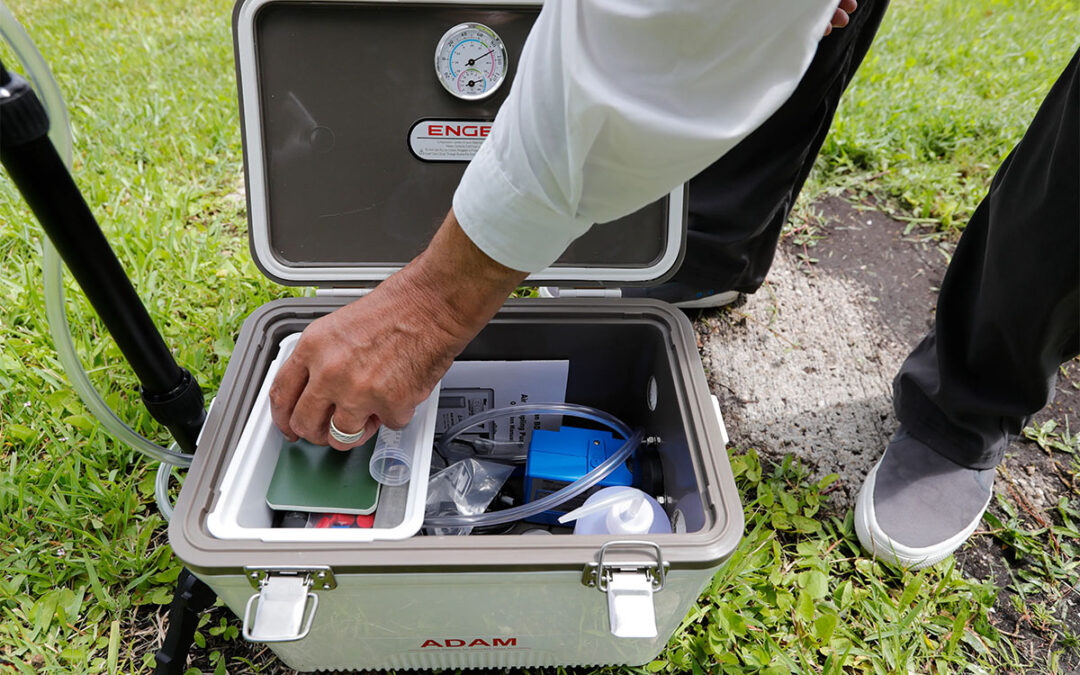The good news: A first-of-its-kind field study of Southwest Florida air and water didn’t find widespread cyanobacteria toxins – mostly.
The bad news: It did find several neurotoxins as well as three forms of BMAA, a neurotoxin linked to grave brain diseases.
Two of the forms were in every one of 945 analyses done over five months between last July and November by Calusa Waterkeeper volunteers and analyzed at Wyoming’s Brain Chemistry Labs.
Researchers call the neurotoxins’ presence ubiquitous and concerning.
Because no study of this kind has been done, the public health implications aren’t yet clear, and more research is needed before they are, says Paul Cox, executive director of Brain Chemistry Labs. “Are the toxins there? Yes. Are they being airborne? Yes. Are they bad news? Yes,” said Cox. “I’m sorry we don’t have firmer answers (but) citizens are really concerned about this – correctly concerned.”
Also not in question: Inhalation increases the toxins’ potency, exposing them directly to the bloodstream, says Calusa Waterkeeper John Cassani. Yet there are no federal or state guidelines on exposure, he said.
Continue Reading

























